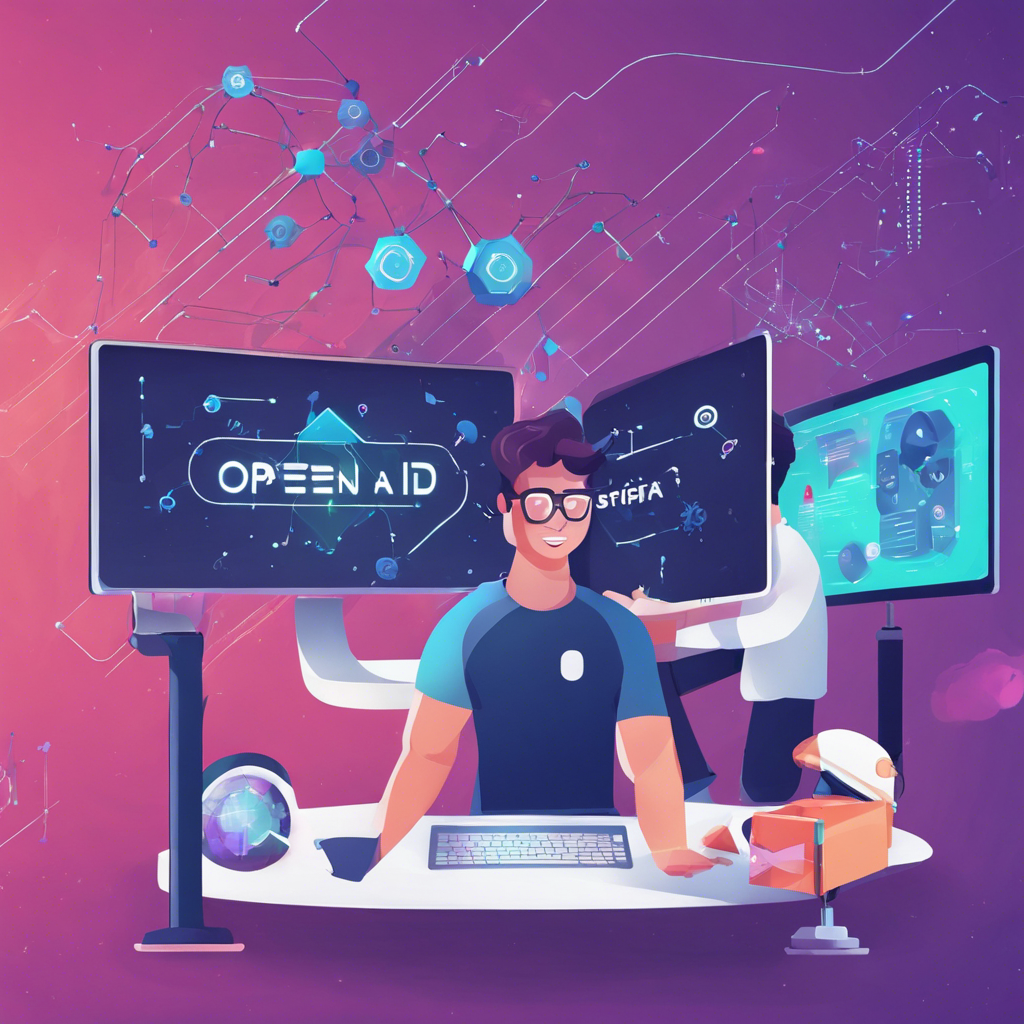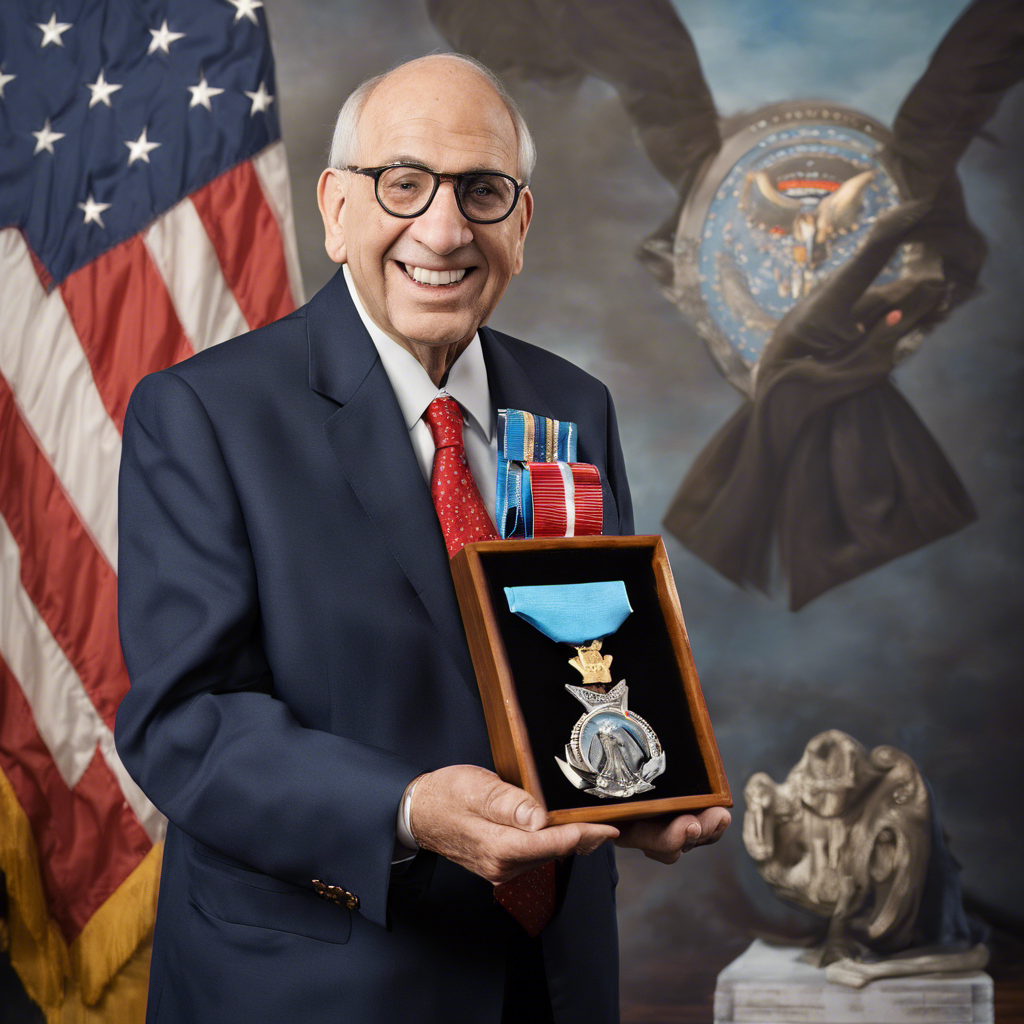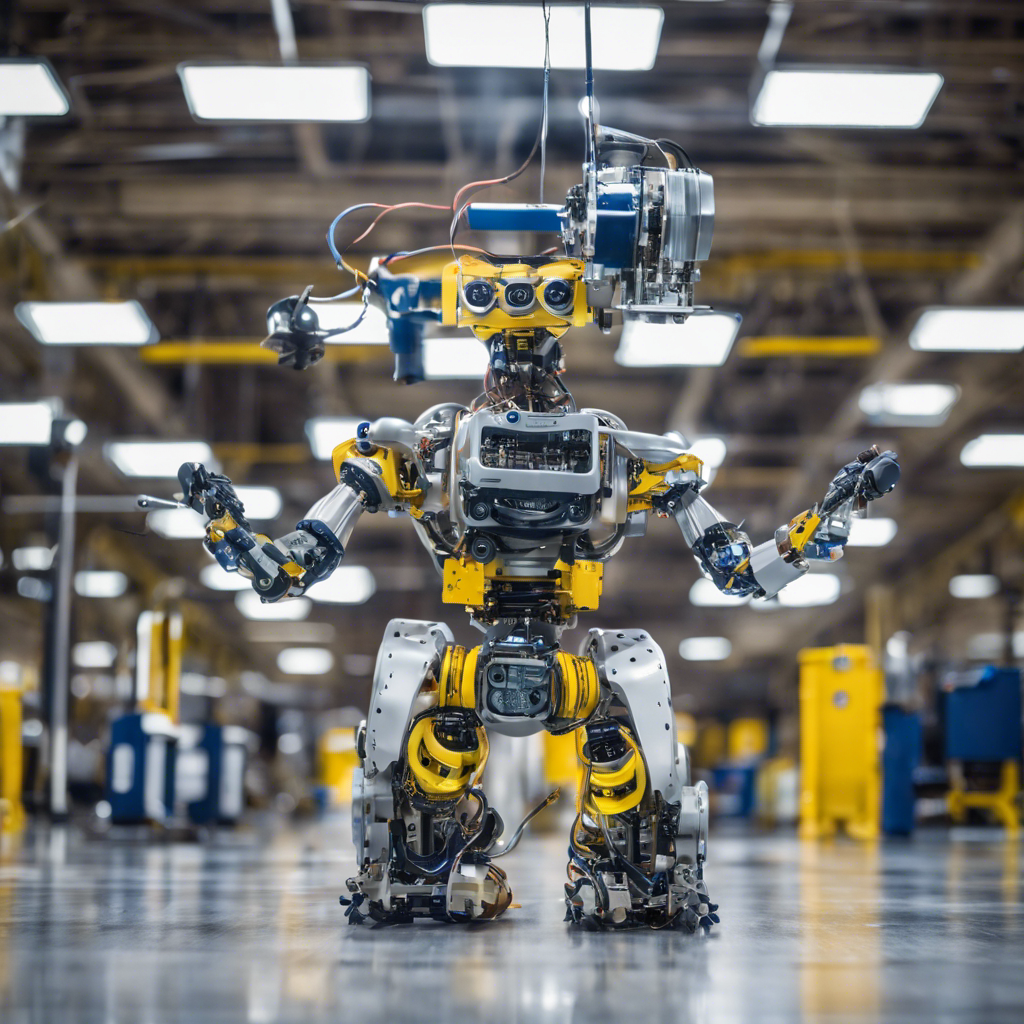OpenAI hires Todd Underwood to lead a new Site Reliability Engineering team focused on research and training workloads.
OpenAI, the generative artificial intelligence company, has recently made significant expansions in its operations. One of these expansions includes the establishment of a Site Reliability Engineering (SRE) team, which will be headed by Todd Underwood. Underwood, who previously worked at Google, brings extensive experience in the field of SRE and will be responsible for overseeing research and training workloads at OpenAI. This move highlights OpenAI’s commitment to building and maintaining highly reliable and scalable software systems, particularly in the realm of machine learning.
The Role of Site Reliability Engineering (SRE)
Site Reliability Engineering (SRE) is a discipline that focuses on ensuring the reliability, scalability, and efficiency of software systems. SRE teams are responsible for designing, building, and maintaining infrastructure and services that support the smooth operation of complex software systems. The concept of SRE originated at Google and has since gained popularity across the IT industry. By implementing SRE practices, organizations can achieve a higher level of system reliability and ensure that their software systems can handle large workloads without disruptions.
Todd Underwood’s Experience and Expertise
Todd Underwood, the newly appointed head of OpenAI’s SRE team, brings a wealth of experience in the field. With a background in machine learning and a strong understanding of infrastructure, Underwood is well-suited to lead the team in developing and maintaining the necessary infrastructure for OpenAI’s research and training workloads. During his time at Google, Underwood played a pivotal role in establishing the Machine Learning Site Reliability Engineering (ML SRE) organization. His experience in building and managing highly reliable machine learning systems will be invaluable in his new role at OpenAI.
OpenAI’s Focus on ML Training Infrastructure
Underwood’s primary focus at OpenAI will be on developing the ML training infrastructure. This involves working on various aspects of the infrastructure, from hardware health of accelerators to job orchestration and execution. The team will also pay special attention to metrics and measurement, ensuring that the performance and efficiency of the training infrastructure are continuously monitored and optimized. By investing in ML training infrastructure, OpenAI aims to enhance the capabilities of its machine learning models and improve the overall research and training process.
OpenAI’s Recent Expansions
Underwood’s appointment comes at a time of significant growth and change for OpenAI. The company recently rehired CEO Sam Altman, who had been briefly removed from his position, leading to internal turmoil. Despite the challenges, OpenAI remains committed to its mission of developing safe and beneficial artificial general intelligence. Alongside the establishment of the SRE team, OpenAI has also hired a former lead for Google’s TPU AI chip to head a new hardware division. These expansions reflect OpenAI’s dedication to building a strong foundation for its research and development efforts.
Conclusion:
OpenAI’s decision to establish a Site Reliability Engineering team, led by Todd Underwood, demonstrates the company’s commitment to building and maintaining reliable and scalable software systems. With Underwood’s expertise in machine learning and infrastructure, the team will focus on developing the ML training infrastructure, ensuring optimal performance and efficiency. These recent expansions highlight OpenAI’s determination to overcome challenges and continue pushing the boundaries of artificial intelligence research. As OpenAI continues to grow, its investments in infrastructure and talent will pave the way for groundbreaking advancements in the field of AI.











